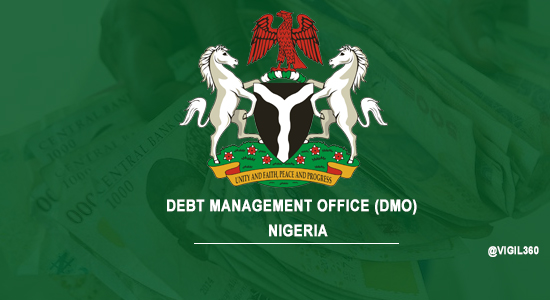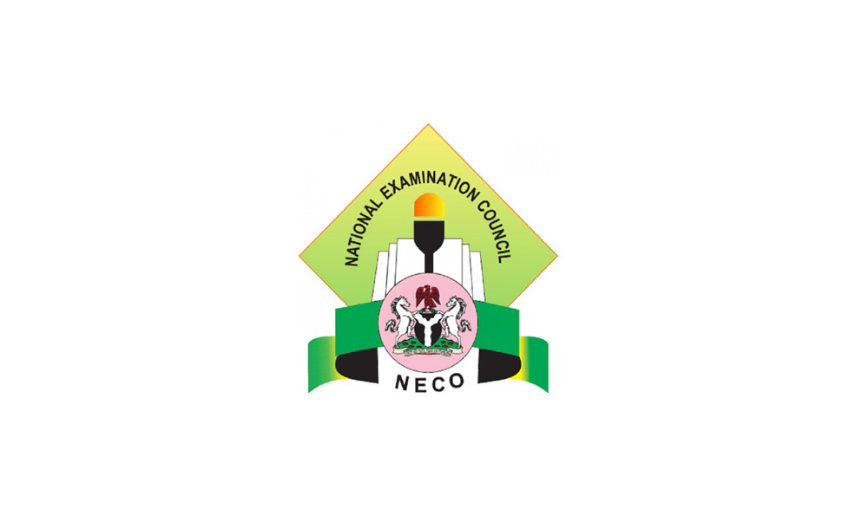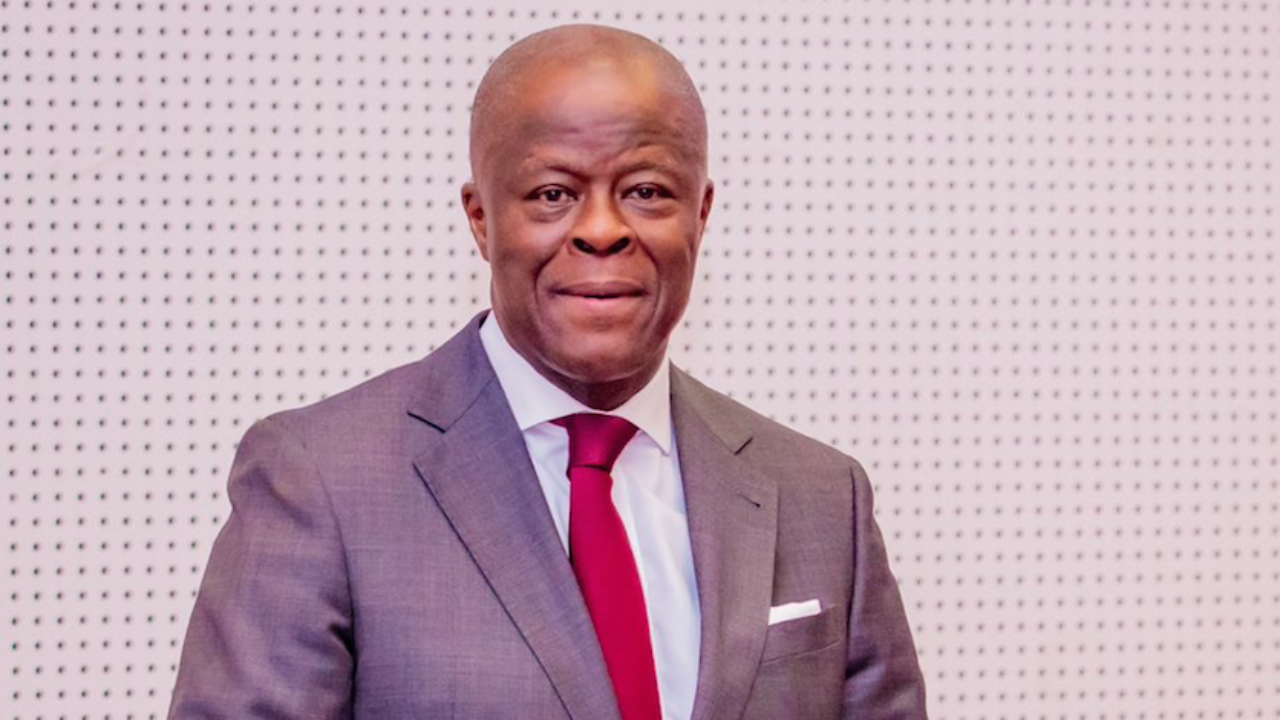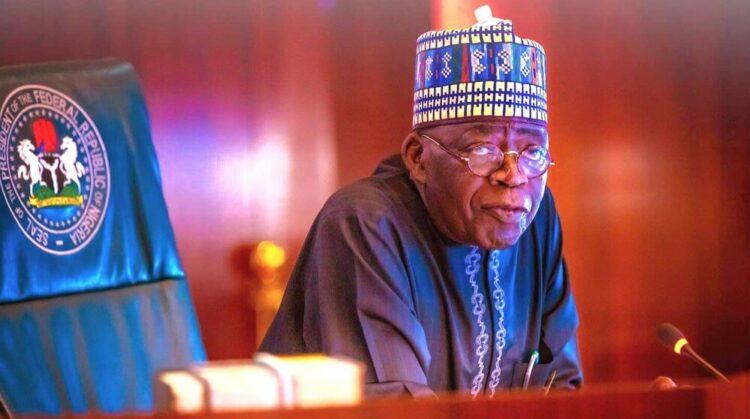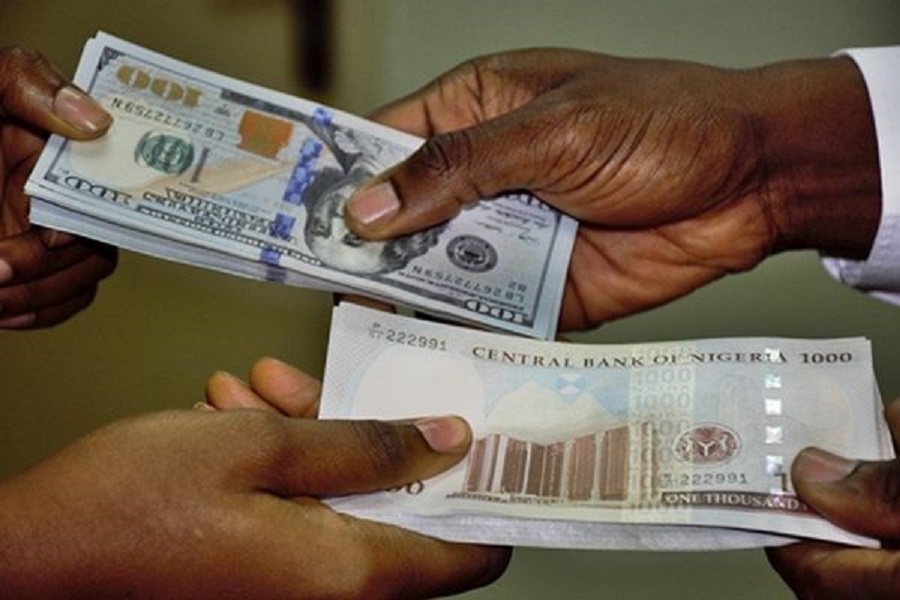The Nigerian Debt Management Office (DMO) has revealed that the total loan by the Chinese government and its affiliate agencies to Nigeria is paltry of $3.121 billion which translates to only 3.94 percent of the country’s total debt of $79.3 billion as at March 31, 2020. However, when considering external debt, the Chinese loan accounts for 11.28 percent of the total external debt of #27.67 billion by the same date as stated.
The DMO disclosed that making the clarification was necessary to keep public abreast that the Chinese authority is not the only lender to the Nigerian budget as some rumor mongers have peddled that the sovereignty of the country was at stake.
Recall the House of Reps recently raises an alarm that the sovereignty of Nigeria was at stake when it constitutes a committee to investigate all Chinese extant loans to Nigeria from the year 2000 and renegotiate them.
The lawmakers insisted that being an arm of government they do not feel being carried along concerning how the Chinese loans were being taken and expended by the federal government, saying they are afraid the trend is portraying the Chinese government as the new economic colonial master to Nigeria.
According to the DMO, apart from the Chinese not being the major source of funding to Nigeria, their loan comes at concessional terms, with interest rates of 2.50 percent per annum, 20 years tenure, and seven years repayment moratorium period.
The Director-General of the DMO, Patience Oniha, disclosed that the terms are in compliant with the provision of the 41(1a) of the Fiscal Responsibility Acts, 2007 as enshrined in the constitution.
Mrs. Oniha explained that the low-interest rate of the Chinese loan is attractive to the government because it cuts the cost of governance while the long tenor enables the repayment of the principal sum of the long period.
She said these two benefits make the provision for debt service in the Annual Budget lower than it would have been if it were for commercial terms.
She further explained beyond these benefits, the projects being executed with the money have generated a lot of employment to Nigerians both directly and indirectly.
Deploying the loan to develop infrastructure in the country was a widely accepted decision that investment in infrastructure will boost economic development.
Meanwhile, the Minister of Transportation, Rotimi Amechi had on Sunday, 2nd August explained that the controversial clause of “waiving a sovereignty” in the loan agreement was only a contractual term to give payback assurance on the term and condition of the loan.
He said Nigerian should stop entertaining fears that nobody is giving away the Nigerian sovereignty, only that every contractual agreement must contain some terms and conditions. Amechi added.
In his statement, “No country will sign away its sovereignty. What you do is, you give a sovereign guarantee waiving the immunity clause.
“The immunity clause is that, if tomorrow the country is not able to pay back the loan and the country can come and collect the items put down as guarantee,” he said.










